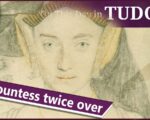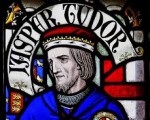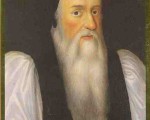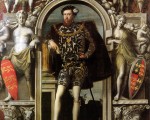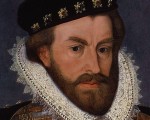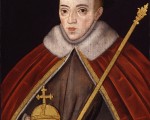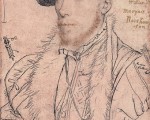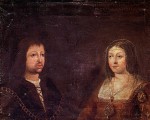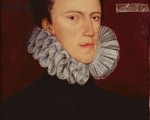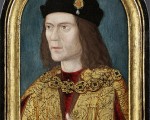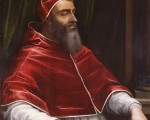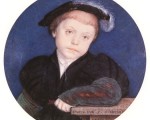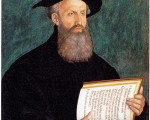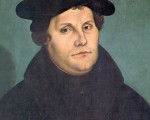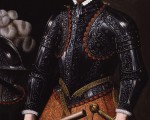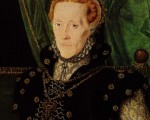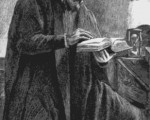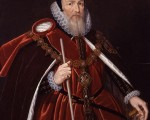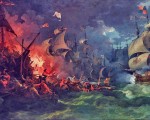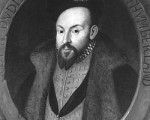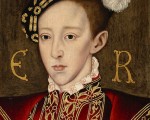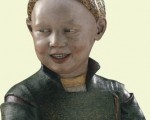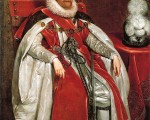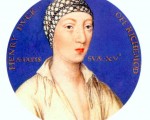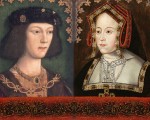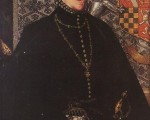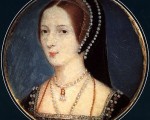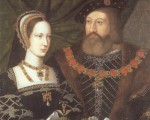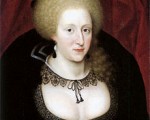20 November:
1515 – Birth of Mary of Guise (Marie de Guise), Queen of Scots, consort of James V, regent of Scotland and mother of Mary, Queen of Scots, at the castle of Bar-le-Duc in Lorraine. She was the eldest daughter of Claude of Lorraine, Duke of Guise, and Antoinette de Bourbon, daughter of Francis, Count of Vendome, and Marie de Luxembourg. Mary was Queen Consort of Scotland from 1538-1542, and regent from 1554 until her death in 1560.
1518 – Death of Sir Marmaduke Constable, soldier and administrator. He served in France with Edward IV and Henry VII, and although he fought on the side of Richard III at the Battle of Bosworth, he managed to gain Henry’s trust. He commanded the left wing of the forces under Thomas Howard, Earl of Surrey, at the 1513 Battle of Flodden, and this service led to him receiving a letter of thanks from King Henry VIII.
1556 – Death of Sir John Godsalve, member of Parliament, landowner and administrator, at Norwich. He was buried in St Stephen’s Church, Norwich, in the Lady Chapel. Godsalve’s offices included Constable of Norwich Castle, Keeper of the Gaol there, commissioner for chantries in Norfolk and Suffolk, Justice of the Peace for Norfolk and Comptroller of the Tower of London Mint.
1558 – Death of Maurice Griffin, Bishop of Rochester, probably at the Bishop’s Palace in Southwark. He was buried at the church of St Magnus the Martyr, London Bridge. Griffin was Welsh and he left provision in his will for the setting up of Friars School in Bangor, with the support of William Glyn, Bishop of Bangor, and Jeffrey Glyn.
1591 – Sir Christopher Hatton, Elizabeth I’s Lord Chancellor and favourite, died aged fifty-one. He died at Ely Palace in London. He had been ill for some time and Elizabeth I had visited him on the 11th November. He was given a state funeral on 16th December at the old St Paul’s Cathedral, and a monument was erected at the high altar. The old St Paul’s Cathedral was destroyed in the Great Fire of London in 1666.
1600 – Burial of Robert Wilson, actor and playwright, at St Giles Cripplegate in London. Wilson acted in the companies Leicester’s Men and the Queen’s Men, and is known for his plays which include “The Three Ladies of London” (1581), “The Three Lords and Three Ladies of London” (1590), “The Cobbler’s Prophecy” (1594) and “The Pedlar’s Prophecy” (1595). He was also one of Philip Henslowe’s writers, writing plays for the Rose Theatre.
1612 – Death of Sir John Harington, courtier, author and inventor of the flush toilet. He was buried at the family estate of Kelston, near Bath.
[Read More...]
